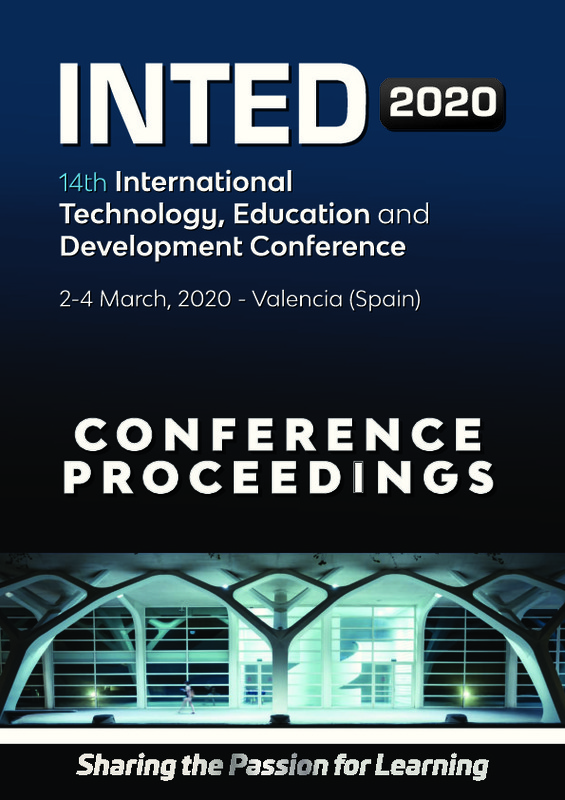|
Resumen:
|
[EN] Active learning methodologies stand out among the priority lines in the field of higher education,
exemplified by flipped teaching or project-based learning (PBL). The latter is a methodological
approach of marked ...[+]
[EN] Active learning methodologies stand out among the priority lines in the field of higher education,
exemplified by flipped teaching or project-based learning (PBL). The latter is a methodological
approach of marked complexity and close to reality, which favours learning experiences with high
educational impact, knowledge integration, and the transfer of what has been learnt to professional
reality. In this context, it becomes necessary to work and assess the students¿ performance related not
only to specific competences (SC) as usual, but also to transversal ones (TC), previously and
simultaneously.
The Universitat Politècnica de València (UPV), being aware of the increasing demand of TCs by
employers and society, has defined 13 TCs whose training and assessment are integrated in their
Bachelor's and Master's Degrees by means of the so called control point subjects. Based on the
experience acquired in the School of Industrial Engineering (ETSII) since a number of subjects were
appointed as control points of TCs in its 5 Degrees and 7 Masters, 6 of the TCs can be singled out for
being the most difficult for teachers: Innovation, creativity and entrepreneurship; Teamwork and
leadership; Ethical, environmental and professional responsibility; Knowledge of contemporary
problems; Permanent learning; Time planning and management.
Unlike the instrumental TCs, which are intrinsic to the subjects taught, the (inter)personal and
systemic ones are more complicated to fit in the subjects, because they require more complex or
wider environments, or are very time consuming. That is why it has been proposed to use the flipped
teaching methodology for the students¿ autonomous learning in TCs, through the development of an
online educational platform. The website, with a section per TC, is accessible from
https://www.etsii.upv.es/competencias/index-es.php. Its structure covers the definition of the TC, the
aspects to enhance to acquire it, a performance level test, and resources to improve it (in-house
produced and external).
The value of this initiative is double: on the one hand, it is a space designed for the training of students
and not for assisting the teacher (the UPV already put material available to teachers), and, on the
other hand, it will serve as a vertical coordination axis between the subjects of a Degree. Future
actions of improvement include examples of application of the techniques proposed to engineering
cases, organization of resources by domain levels, and experiences of UPV students.
[-]
|
|
Agradecimientos:
|
The authors acknowledge the financial support partly from the School of Industrial Engineering (ETSII)
of UPV and partly from the Universitat Politècnica de València through the ¿Coordinación
metodológica a través de webs ...[+]
The authors acknowledge the financial support partly from the School of Industrial Engineering (ETSII)
of UPV and partly from the Universitat Politècnica de València through the ¿Coordinación
metodológica a través de webs de apoyo en las titulaciones de la ETSII para las Competencias
Transversales¿ PIME/19-20 Ref.150, Ref.151 and Ref.152 projects.
[-]
|









